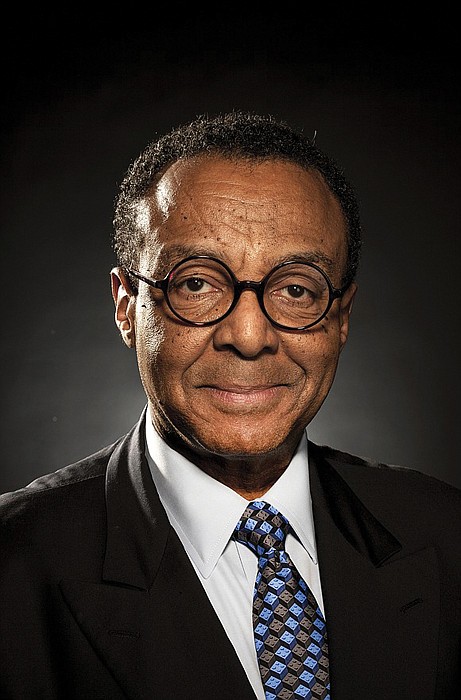What would Washington say?, by Clarence Page
7/7/2022, 6 p.m.
As America’s birthday approached during the House se- lect committee’s investigation of the Jan. 6 attack last year on the Capitol, I was reminded of George Washington’s warning about political parties—and why he thought they were a terrible idea.
Political parties had begun to emerge in the former colonies. But President Washington feared that when Americans voted according to party loyalty, rather than common interests, it would foster a “spirit of revenge,” and enable the rise of “cunning, ambitious and unprincipled men” who would “usurp for themselves the reins of government; destroying afterwards the very engines, which have lifted them to unjust dominion.”
With that, George Washington became not only the nation’s first president, but also the first to leave in a peaceful transfer of power, a tradition that Americans have proudly upheld ever since—until the mob violence by unhappy Trump supporters on Jan. 6 last year.
The bipartisan committee’s new revelations defy attempts by Donald Trump’s cheerleaders to laugh off the Jan. 6 uprising as some sort of “legitimate political discourse,” as the Republican National Committee described it in February.
Instead, the hearings have offered disturbing evidence that the insurrection was part of a much larger plot by Donald Trump and his cronies to overturn the election by any means possible.
The apparent plot included violence, fake electors, discussions about declaring martial law, the seizing of voting machines, groundless lawsuits, intimidation of state officials and local election workers and a possible overthrow of the Justice Department that would have made Richard Nixon’s “Saturday night massacre” look like amateur night.
The House select committee has only two Republicans, Rep. Liz Cheney of Wyoming and Adam Kinzinger of Illinois, both of whom have been censured by the GOP for their participation.
But the hearings have come up with so much damning evidence against Mr. Trump and his cronies that the former president reportedly is upset that House GOP leader McCarthy didn’t fight to put more Republicans on the committee instead of fighting to keep them off.
Heading into the July 4 recess, the most dramatic testimony came from Cassidy Hutchinson, 26, a former aide to then-White House chief of staff Mark Meadows. She will probably be most remembered for breaking the White House code of silence on the alleged ketchup caper.
She recounted how she had walked into the Oval Office dining room after Mr. Trump heard that Attorney General Bill Barr said he had not seen enough fraud in the 2020 election to have changed the outcome. Mr. Trump was not happy.
After she noticed “there was ketchup, dripping down the wall,” and a shattered porcelain plate on the floor, she said the valet explained that the president had “thrown his lunch against the wall.”
She also recounted hearing that Mr. Trump lunged for the steering wheel when his Secret Service detail refused to take him to the Capitol during the riot. Parts of the story have been disputed by Mr. Trump and others, but I, for one, am waiting for them to say that, as Hutchinson did, under oath.
The ketchup and Secret Service episode are only tantalizing sidelights to the main story, which is Mr. Trump’s refusal to leave office peacefully, his apparent attempts to cheat his way back into power and apparent efforts by his fellow partisans to help him do it and try to cover it up.
A parade of Mr. Trump’s associates and congressional allies reportedly have sought blanket pardons, making us all wonder, what did they hope to be pardoned for?
And what, I wonder, would President Washington say? Probably, “I tried to warn you.”
The writer is a syndicated columnist and senior member of the Chicago Tribune editorial board.






